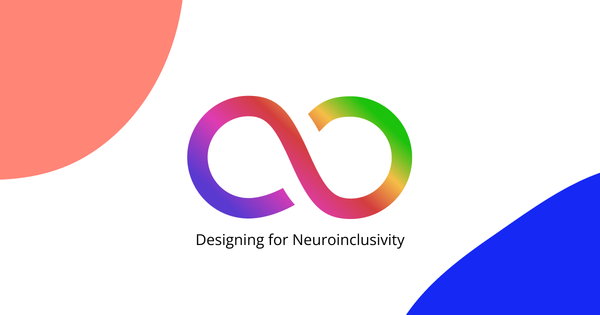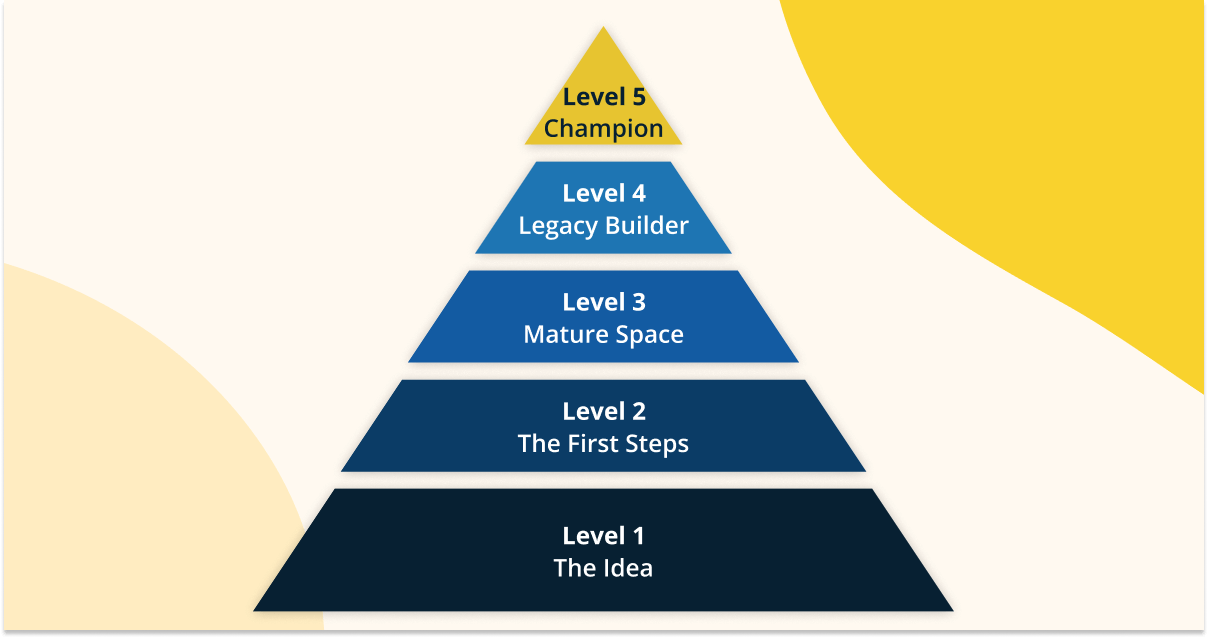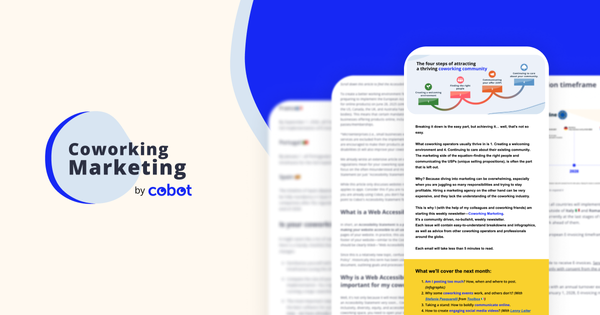The coworking industry is often viewed as a trailblazer for inclusivity, diversity, equity, and accessibility (IDEA), with workspaces prioritizing physical accessibility and creating welcoming environments. However, accessibility extends beyond the physical space, and digital access is sometimes overlooked when addressing this topic.
On 28th June 2025, new European legislation requires most businesses with a digital offer (excluding businesses with less than 10 employees) to meet the WCAG 2.1 AA standard for online accessibility. As this change will impact your online content, let’s explore what this means for your coworking business, and how you can embrace digital accessibility.
Why online accessibility matters
In this day and age, people are more likely to discover your workspace in an online capacity, rather than by walking past it. Your website or social media accounts are often the first point of contact in a customer’s journey – online marketing leads to huge growth potential.
Online accessibility refers to websites, applications, and digital content that can be easily accessed, navigated, and used by everyone, including people with disabilities.
In 2023, 27% of EU residents aged over 16 reported having a disability. Neglecting online accessibility risks excluding a significant portion of the population from learning about your services and becoming part of your community.
For example, a visually impaired person may struggle with accessing key information about your coworking space if your website doesn’t include audio descriptions or screen reader compatibility. Similarly, a senior user might struggle to read your website’s content if the text is too small.
Inaccessible features within coworking software can also alienate community members who rely on digital tools to book amenities (such as desks, meeting rooms, and phone booths), communicate with the rest of the community, and navigate their coworking experience. This will significantly impact a disabled person’s experience of your coworking space, reflecting poorly on your brand.
With 17.7% of young people with disabilities in the EU registered as unemployed in 2020, the wider implications of inaccessible coworking spaces also limit opportunities for professional growth, networking, and skill-building. Our coworking software - Cobot is designed with accessibility in mind. If you are curious to hear more, reach out to a member of our team to book a short call.

An introduction to WCAG standards
The Web Content Accessibility Guidelines (WCAG) is a standard set of recommendations for improving web content accessibility for people with disabilities, including individuals with visual, auditory, physical, and cognitive impairments.
WCAG recommendations are updated every few years to reflect evolving needs, with a three-tier process in place for assessment. On 28th June 2025, WCAG 2.1 AA will become the standard guideline for all businesses with digital content to meet.
Recommendations for online accessibility
Here are some of the recommendations for updating your online content to meet WCAG 2.1 AA standards:
- Ensure your website facilitates simple interaction and navigation between pages.
- Maintain a contrast ratio of at least 4.5:1 for text and images of text, with some exceptions including logotypes.
- Avoid using any flashing elements on your website.
- Add topic titles to your web pages, headings, and labels.
- Provide text alternatives (alt text) for visual and auditory content so it can be converted into braille or other accessible text formats.
- Add captions to pre-recorded and live audio content in video format.
- Offer transcriptions or alternative media descriptions of pre-recorded video content.
- Provide a Web Accessibility Statement - check our article on this.
To future-proof your coworking space, you can also consider meeting additional guidelines of WCAG 2.1 AAA standards:
- Provide sign language interpretation for pre-recorded audio in video format.
- Extend audio descriptions to convey context in videos.
- Offer transcriptions or alternative media descriptions of live video content.
- Allow users to disable motion animation triggered by interactions.
See the full list of WCAG recommendations here
Improving accessibility across the board
Of course, accessibility doesn’t just end online. A physically accessible and tech-enabled coworking space improves access to your space and facilitates comfortable and inclusive experiences.
Standard accessibility features such as step-free access, ramps, and wide doors are essential for wheelchair users, while automatic doors and touch technology benefit people with physical disabilities. Designing multiple workstations, including semi-private focus or quiet spaces for the neurodiverse community, makes people feel more comfortable in your workspace. Many neurodiverse individuals are easily overstimulated in large, open-plan areas.
What steps to take next
With legislation coming in next June, it gives you time to adapt your digital toolkit to meet WCAG 2.1 AA requirements. Being found to have inaccessible online content after this date might result in hefty fines and lawsuits.
Reach out to partners within your digital ecosystem, including your website developer and coworking software partner, to ensure they have an awareness of the upcoming changes. Collaborate with them to ensure your tools and platforms comply with the incoming requirements. This is the benefit of partnering with specialist coworking software companies, rather than developing your own software – we can help you stay ahead of these regulations and maintain inclusive and accessible operations. Reach out to our team at Cobot to receive some tips.
Our commitment to IDEA
Ahead of the incoming EU legislation, our focus in Q4 2024 is to inform our customers and community about the new legislation, prepare Cobot software, and publish updates about specific product changes that meet these requirements. We strongly value inclusivity, diversity, equity, and accessibility – and endeavor to support coworking businesses with shared values to create truly welcoming and comfortable community experiences.
If you’re looking to learn more about how Cobot software complies with new legislation, tax, and business regulations, book a short call with a member of our team, we’d be happy to speak with you.



